A choir of displaced people is part of a British Council initiative to protect heritage in conflict zones – and a healing process for participants
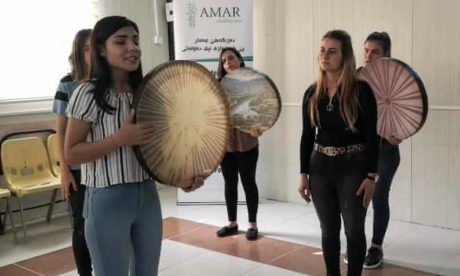
A music workshop for Yazidi girls in Dohuk Photograph: Courtesy of AMAR
When Islamic militants were overrunning towns in northern Iraq in 2014, killing Yazidi men and abducting women, the very survival of a people and its culture seemed in the balance.
These days Isis is the group fighting for survival. And the Yazidi aretaking steps to ensure that their culture is preserved in perpetuity, whatever happens next in the region.
A group are in Britain this week to perform their distinctive choral works and hand over a musical archive to the Bodleian Library in Oxford. Audiences with Prince Charles and MPs in parliament will follow later in the week as the culmination of a music project designed to record and protect the Yazidis’ unique art form.
But the project, delivered by the Amar foundation as part of a British Council initiative to protect heritage in conflict zones, is about more than just cultural preservation: it is therapy for people who have been through a collective trauma. Many Yazidi still live in camps.
“When you are enjoying music with other people, or making it in particular, you have to be absolutely present and forget about the past and the future and that is a healthy way of living,” says Michael Bochmann, a virtuoso violinist and the music principal for the project.
Bochmann’s work in the camps celebrates the power of music to bring participants together, “to the here and now”. Music has gradually encouraged young women, in particular, to leave the isolation of their tents and to sing, dance and support one another. Students in five camps are learning to play the tambour, a sacred instrument, and the daf (a kind of drum).
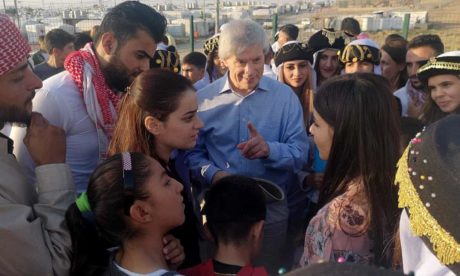
British classical violinist Michael Bochmann meeting displaced Yazidi children at a camp in northern Iraq Photograph: Courtesy of AMAR
“We are nothing without a future and dreams,” says Rainas Elias, 19, who was literally sold down the Euphrates river by Isis, and held captive until her family paid $12,000 for her release. Even then, she had to leave her daughter with Isis.
“We hope one day those that committed these heinous crimes against us will be brought to justice,” she says. “We now deserve a decent life outside Iraq. Our home in Shingal is still a battleground and there is no security. We can never live in peace there.”
Elias now lives with her father and mother and two younger brothers in a camp for displaced people. “The standard of living is very difficult,” she says, “and my father cannot work because he is sick.” There are few employment opportunities. To this day, Elias has no news about what has happened to her sister, and to her two older brothers, who were 18 and 22 when they were separated.
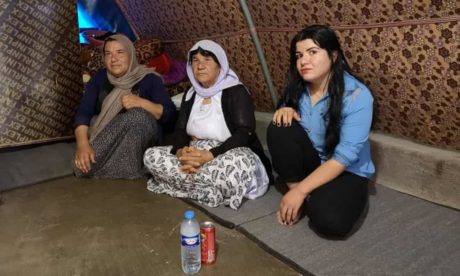
Rainas Elias, with her mother and grandmother in their tent in Khanke IDP camp near Dohuk. Photograph: AMAR
Chief among her hopes is that one day she will hear that they have been “liberated”. Until then, she finds some comfort in the ancient music which is central to the Yazidi life and monotheistic faith.
“The project is part of our healing process,” Elias says. “I feel very happy joining the choir with my sisters. It has helped me a lot psychologically, I can process a lot more.”
For Emma Nicholson, who as the founder of the AMAR foundation is hosting the tour, music is “a source of life”. Given that the average time people typically spend in a refugee camp is now 11 years, “life for displaced people cannot just be queuing for food,” she says. “Music and culture must be in every camp.”
We won’t let Brexit come between us…
… and we hope you feel the same. These are turbulent, decade-defining times, with so many crises that it can be demoralising. The climate emergency, nativism, the rise of the far right, poverty, tax avoidance, social injustice – the biggest problems in Europe are issues that transcend national borders. But we are a news organisation that transcends borders too. In order to understand these issues fully and find solutions, we need to view them as a whole. The Guardian’s international, independent journalism seeks to join up the dots, to provide a comprehensive view.
More people, like you, are reading and supporting the Guardian’s independent, investigative journalism than ever before. And unlike many news organisations, we made the choice to keep our reporting open for all, regardless of where they live or what they can afford to pay.
The Guardian will engage with the most critical issues of our time – from the escalating climate emergency to widespread inequality to the influence of big tech on our lives. At a time when factual information is a necessity, we believe that each of us, around the world, deserves access to accurate reporting with integrity at its heart.
Our editorial independence means we set our own agenda and voice our own opinions. Guardian journalism is free from commercial and political bias and not influenced by billionaire owners or shareholders. This means we can give a voice to those less heard, explore where others turn away, and rigorously challenge those in power.
We hope you will consider supporting us today. We need your support to keep delivering quality journalism that’s open and independent. Every reader contribution, however big or small, is so valuable.
Support the Guardian from as little as €1 – and it only takes a minute. Thank you.
Source: The Guardian, Tue 4 Feb 2020
https://www.theguardian.com/world/2020/feb/04/quest-to-save-ancient-yazidi-music-comes-to-britain



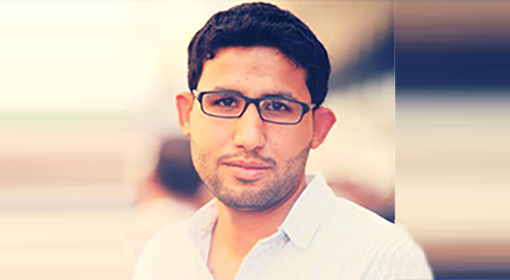
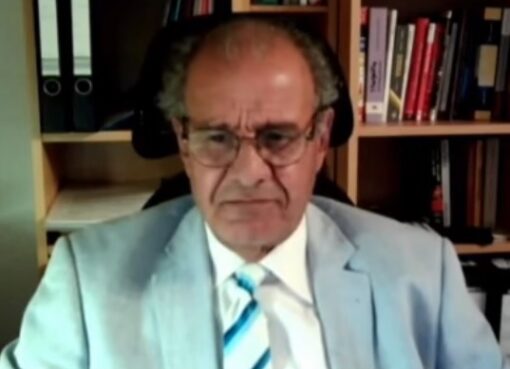

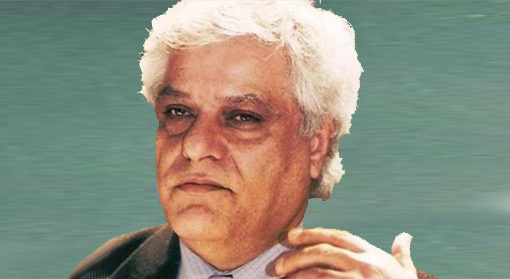

Comment here